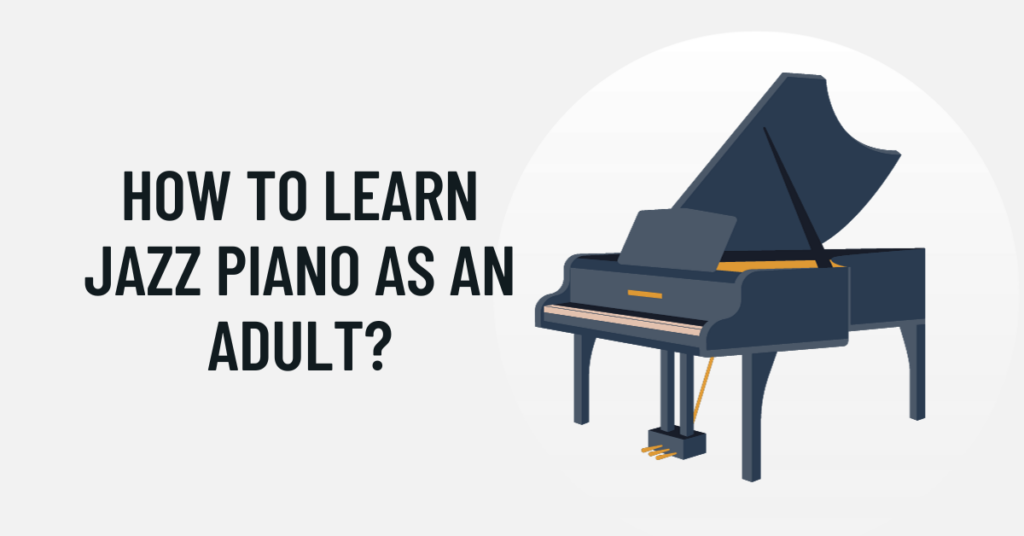Embarking on the journey of learning jazz piano as an adult can be a fulfilling and rewarding experience. While it may seem daunting at first, with dedication, patience, and the right approach, you can master the intricate art of jazz piano. In this article, we will guide you through practical steps and tips to help you navigate the complexities of jazz piano, regardless of your age or prior musical experience.
1. Master the Basics:
Before diving into the complexities of jazz, ensure you have a solid understanding of the basic piano skills. Familiarize yourself with proper hand positions, fingerings, and basic music theory. Strengthen your foundation in reading sheet music, understanding rhythms, and playing scales and chords. A strong foundation will give you the confidence to explore jazz piano techniques.
2. Listen Actively:
Immerse yourself in the world of jazz by actively listening to jazz pianists and other jazz musicians. Pay attention to different styles, techniques, and improvisational patterns. Take note of the nuances in their playing, from phrasing and dynamics to rhythm and expression. Listening to jazz regularly will train your ear and help you internalize the unique language of jazz music.
3. Study Jazz Theory:
Understanding jazz theory is fundamental to playing jazz piano. Learn about jazz scales, modes, chords, and progressions. Familiarize yourself with concepts such as ii-V-I progressions, dominant 7th chords, and altered chords. There are numerous online resources, books, and tutorials dedicated to jazz theory, catering to various skill levels.
4. Transcribe and Imitate:
Transcribing jazz solos and piano improvisations is an excellent way to learn the language of jazz firsthand. Choose recordings of your favorite jazz pianists and meticulously transcribe their solos. Analyze the phrasing, note choices, and rhythm. Try to imitate these patterns on your piano, gradually incorporating them into your own improvisations. Transcription helps internalize the jazz vocabulary and enhances your improvisational skills.
5. Practice Regularly:
Consistent practice is key to mastering jazz piano. Dedicate specific practice sessions to jazz-related exercises, scales, chords, and improvisation. Set realistic goals for each practice session and gradually increase the complexity of your practice routines. Regular, focused practice will help you develop muscle memory and improve your overall piano skills.
6. Play with Others:
Playing jazz piano in a group setting, such as a jazz ensemble or jam session, provides valuable experience and enhances your ability to interact with other musicians. Collaborating with other instrumentalists and learning to respond to their cues and improvisations will sharpen your musical communication skills. Seek out local jazz clubs or online communities where you can participate in jam sessions or collaborate with fellow jazz enthusiasts.
7. Find a Teacher or Mentor:
Consider taking lessons from an experienced jazz piano teacher or finding a mentor who can guide you on your jazz piano journey. A knowledgeable instructor can provide personalized feedback, correct your technique, and introduce you to advanced jazz concepts. Online platforms also offer virtual lessons, allowing you to connect with skilled teachers regardless of your location.
Conclusion
Learning jazz piano as an adult is a fulfilling endeavor that demands dedication, passion, and perseverance. Embrace the learning process, stay patient with yourself, and celebrate your progress, no matter how small it may seem. With consistent practice, active listening, and a willingness to explore the depths of jazz music, you can unlock your potential as a jazz pianist and experience the joy of creating soulful and expressive music.


